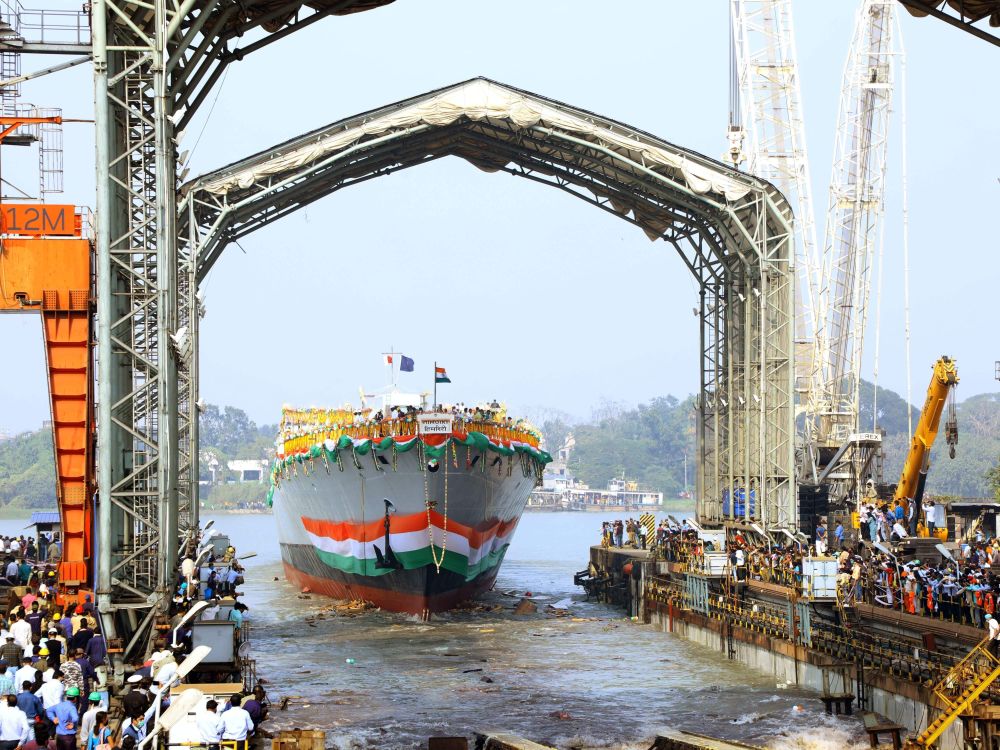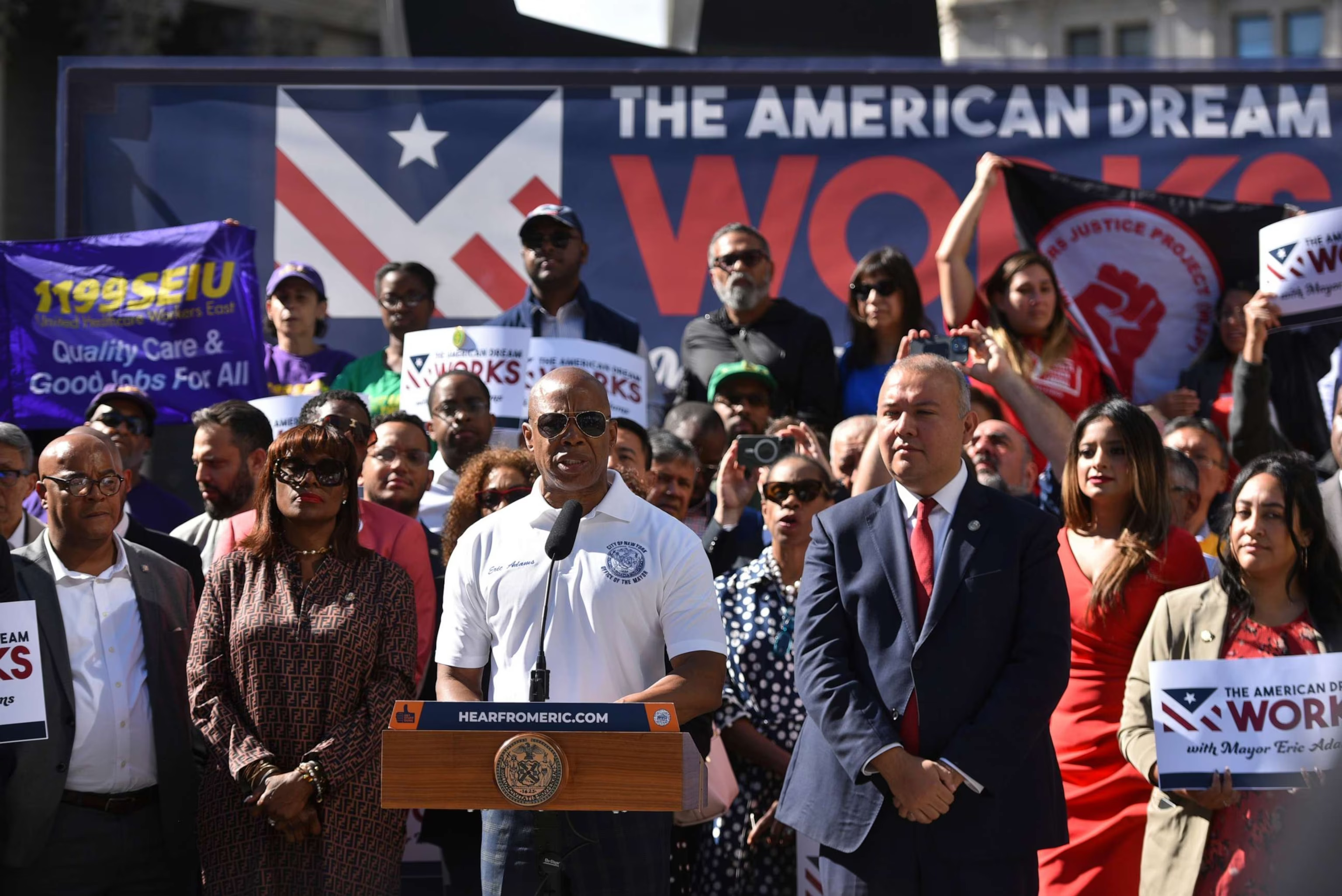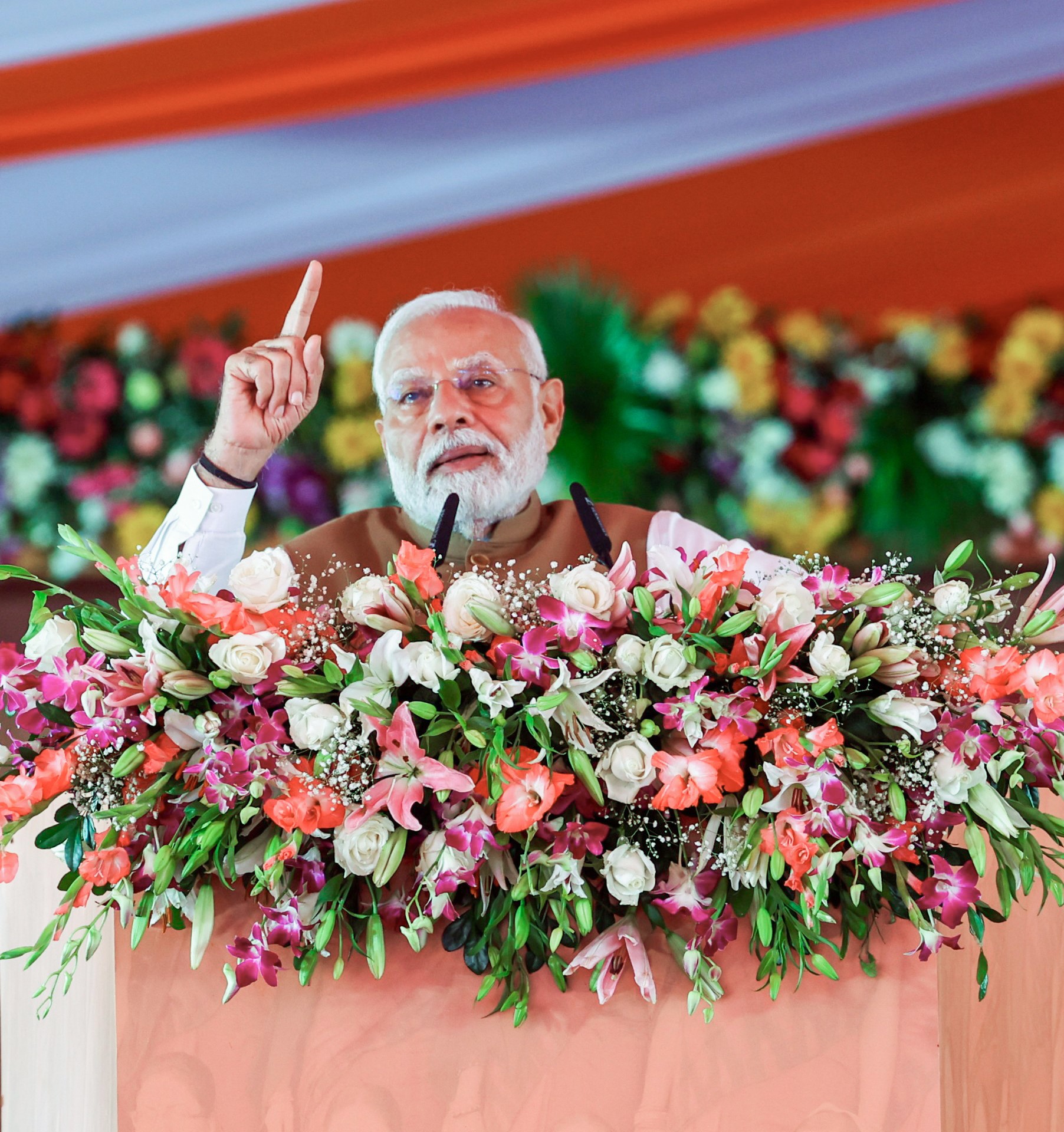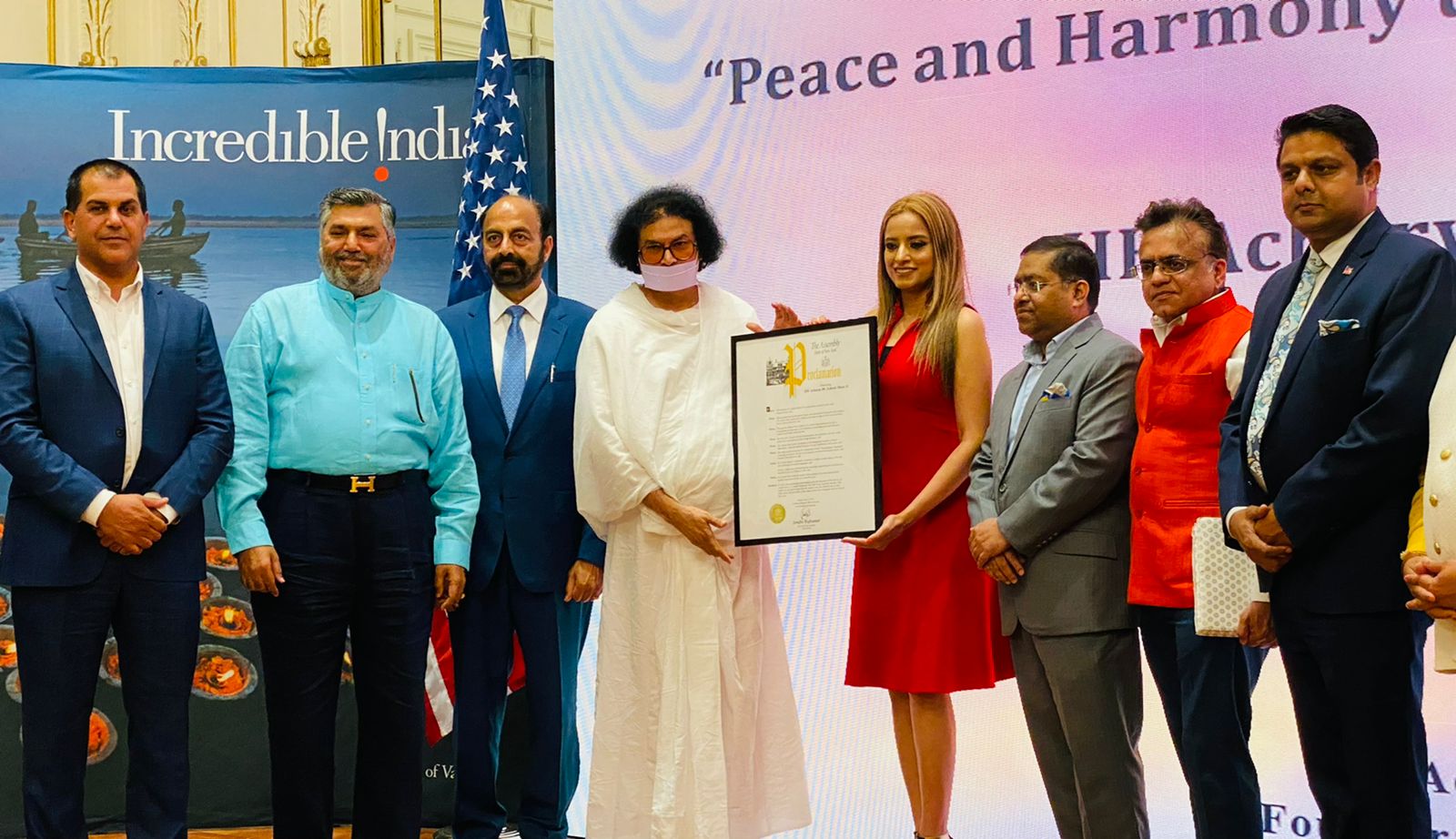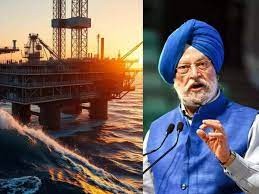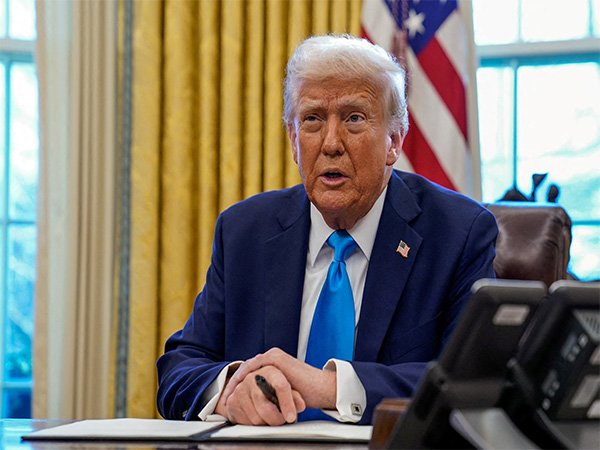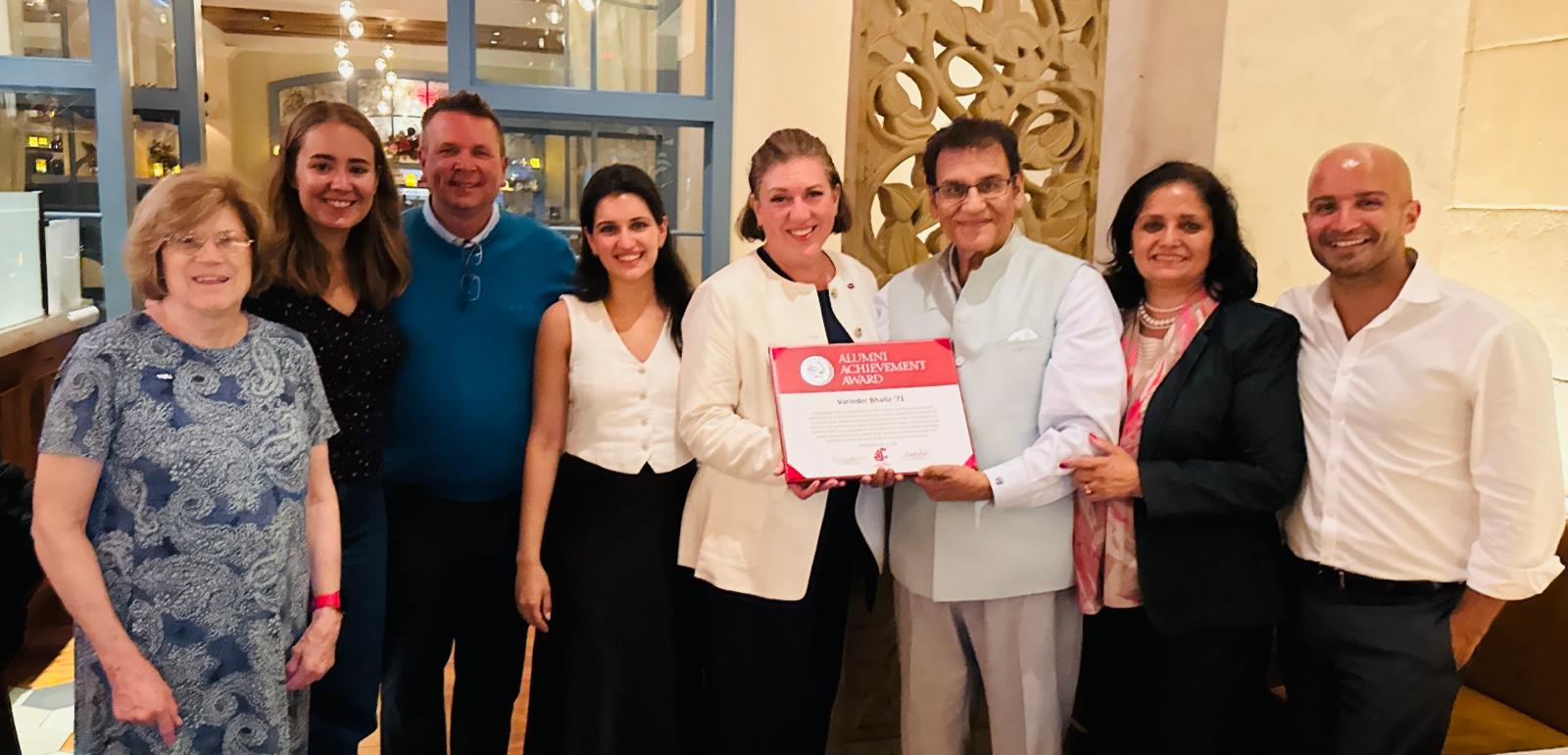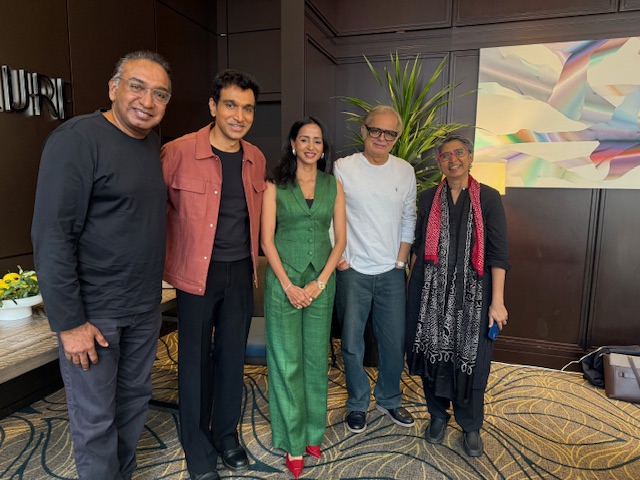Prime Minister Narendra Modi retains most ministers from his second term. But he gives important portfolios to NDA allies and begins to focus on the poor. Which direction the government is likely to go?
Our Bureau
New Delhi
Narendra Modi has begun his third innings as the Prime Minister of India. With a reduced majority and fewer seats in the Parliament, the new government looks like a combination continuity and caution. This time BJP’s allies in the National Democratic Alliance have joined the Cabinet.
PM Modi and 71 members of his ministerial team took the oath of office at Rashtrapati Bhavan on Sunday. The team has 30 cabinet ministers, five ministers of state (Independent Charge) and 36 Ministers of State. BJP-led NDA scored a hat-trick victory in the results of Lok Sabha polls declared earlier this month and and won 293 seats.
A day after the swearing-in ceremony on Sunday, the BJP-led NDA government under Prime Minister Narendra Modi set the ball running by allocating key portfolios to ministers. Nirmala Sitharaman has been entrusted with the critical portfolios of Finance and Corporate Affairs. This assignment underscores her continued role in India’s economic policies and managing corporate governance.
This cabinet formation includes 30 cabinet ministers, 36 ministers of state (MoS), and 5 MoS with independent charge from the BJP and its allies, marking the establishment of the National Democratic Alliance (NDA) government under Prime Minister Narendra Modi’s leadership.
As the country grapples with global economic uncertainties and domestic challenges, Sitharaman’s experience will be pivotal in crafting fiscal strategies to sustain growth and stability. Many of the ministers have been retained with their last jobs in the interest of continuity as well.
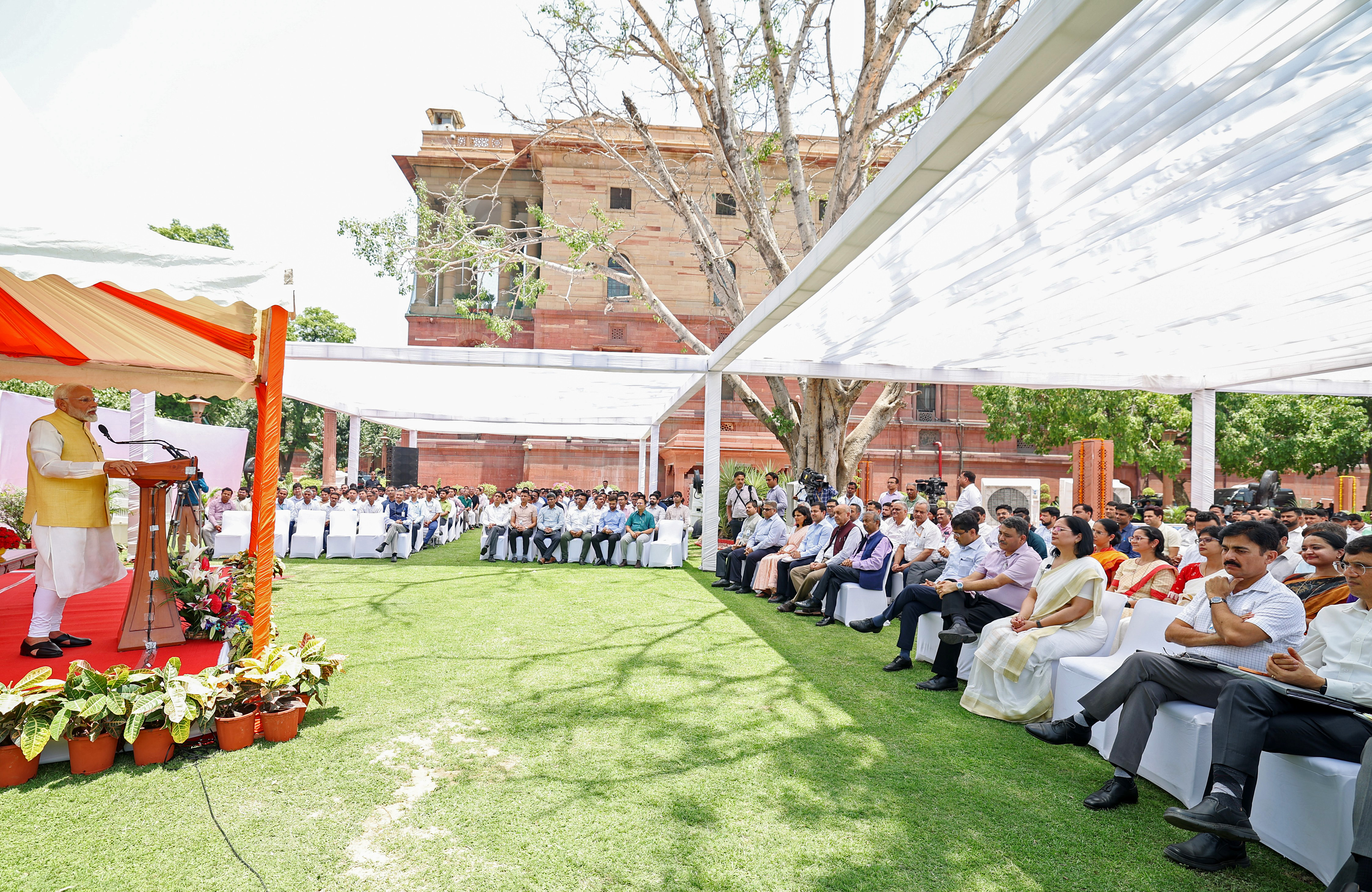
Nitin Jairam Gadkari’s appointment as the Minister of Road Transport and Highways signifies the government’s continued focus on infrastructure development and connectivity enhancement. Piyush Goyal has been given the portfolio of Commerce and Industry.
Hardeep Singh Puri has retained his position as the Minister of Petroleum and Natural Gas. This marks his continued tenure in a role critical to the nation’s energy policies and strategic planning, as Prime Minister Narendra Modi’s new cabinet embarks on its third term.
The allocation of portfolios to the Union Council of Ministers in the Modi 3.0 govenrment on Monday reflected continuity with change as several senior leaders retained their portfolios of the previous BJP-led NDA government and some new faces also got key ministries that have a direct impact at the grassroots.
The composition of the Cabinet Committee on Security (CCS) remains unchanged in the new NDA government with Union Ministers Rajnath Singh, Amit Shah, Nirmala Sitharaman and S Jaishankar retaining their portfolios of Defence, Home, Finance and External Affairs.
The four BJP leaders had the same portfolios as the previous NDA government. The cabinet formation and portfolio allocation also reflected the reality of numbers in the NDA government with BJP’s allies having greater representation.
Janata Dal (Secular) leader HD Kumaraswamy, a former Chief Minister, has been entrusted with the responsibility of the Ministry of Heavy Industries and Public Enterprises and the Ministry of Steel. Manohar Lal Khattar has been appointed Minister of Housing and Urban Affairs and Minister of Power. Mansukh Mandaviya has been assigned Ministry of Labour and Employment along with the Ministry of Youth Affairs and Sports. Hindustani Awam Morcha leader Jitan Ram has been allocated Ministry of Micro, Small and Medium Enterprises. Janata Dal (United) leader Rajiv Ranjan Singh (Lalan Singh) has been allocated Ministry of Panchayati Raj and the Ministry of Fisheries, Animal Husbandry and Dairying.
But the new government also seems to be aware of the problems ahead as the BJP’s tally of seats came down to 240 from 303 and the NDA’s total number now stands at 294, which is much lower than its previous total of 353.
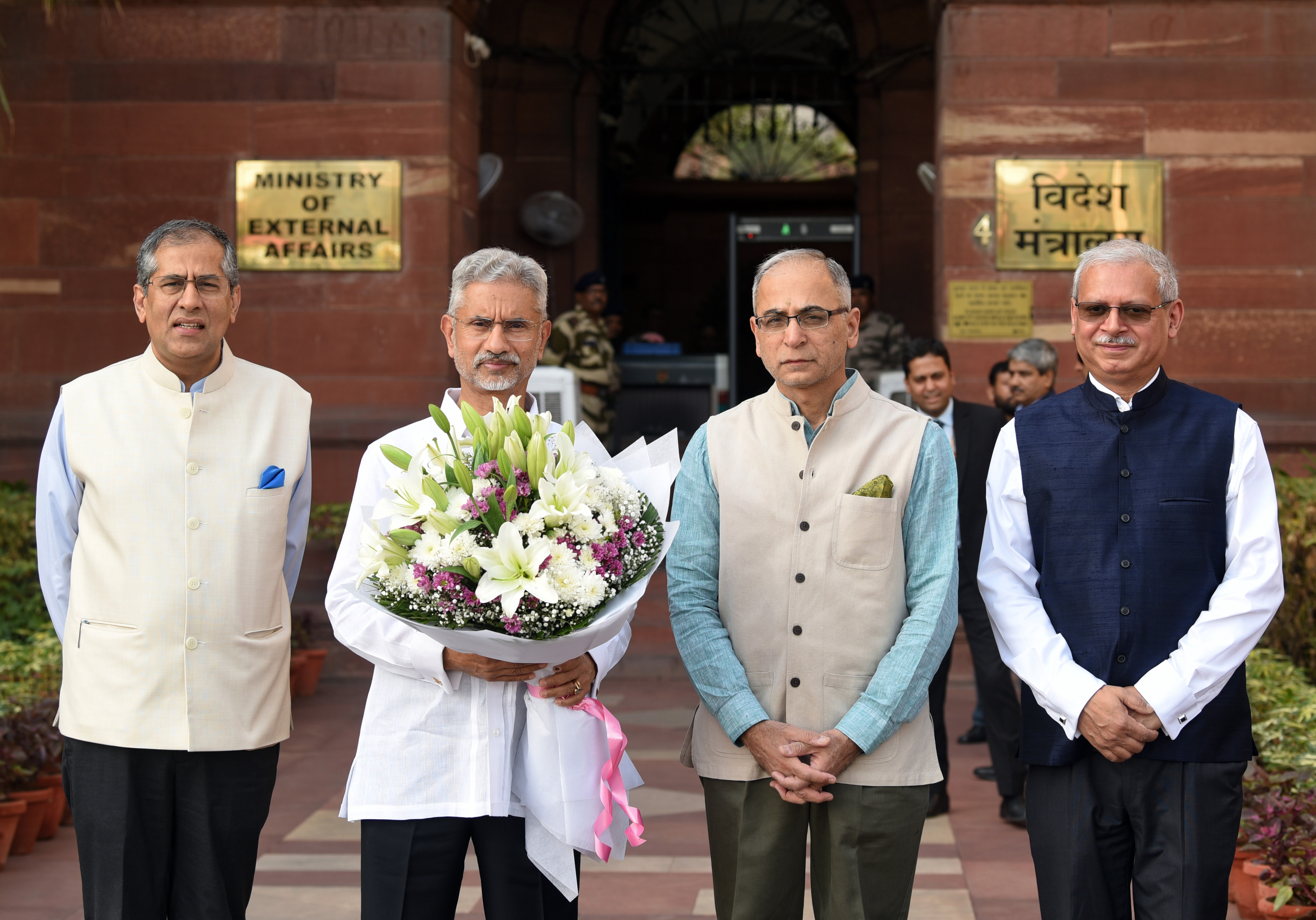
Modi 3.0 seems to be hitting the ground running with focus on the poor as the BJP lost crucial seats in the all-important state of Uttar Pradesh. As the post-election analysis reveals that the party and Modi lost the support of the low-pay workers and the unemployed, the government is now working with caution.
In this direction, Modi on Monday chaired his first Union Cabinet meeting after taking the oath as PM of his third term and decided to provide assistance to 30 million additional rural and urban households for the construction of houses under the Pradhan Mantri Awas Yojana (PMAY).
It has been decided in the Union Cabinet meeting to provide assistance to 3 crore additional rural and urban households for the construction of houses, to meet the housing requirements arising out of the increase in the number of eligible families. The decision is in response to the growing number of families that qualify for housing assistance.
The government has been implementing the Pradhan Mantri Awas Yojana since 2015-16 to provide assistance to eligible rural and urban households for the construction of houses with basic amenities. Under PMAY, a total of 4.21 crore (42 million) houses have been completed for eligible poor families under the housing schemes in the last 10 years.
All the houses constructed under PMAY are provided with other basic amenities such as household toilets, LPG connections, electricity connections, functional household tap connections, etc. through convergence with other schemes of the central government and the State governments.
However, one area where there will be a complete continuity is the foreign policy.
BJP leader S Jaishankar who steered India’s diplomatic course during Modi’s second term took charge as External Affairs Minister once again in the new government and resumed his duties at the Ministry of External Affairs in South Block on Tuesday. “It is an immense honour to be once again given the responsibility of leading the Ministry of External Affairs,” the 69-year-old career diplomat turned politician said outside his office at South Block.
He added that PM Modi has given the ‘Bharat first’ foreign policy. Reflecting on the achievements of the previous term, he highlighted the ministry’s exceptional performance, citing milestones such as delivering the G20 presidency and spearheading vital initiatives like Vaccine Maitri amidst the challenges posed by the COVID-19 pandemic.
Furthermore, Jaishankar underscored the foreign ministry’s people-centric approach under the leadership of Prime Minister Narendra Modi. “We also were the centre of crucial operations like Operation Ganga and Operation Kaveri. In the last decade, this ministry under the leadership of PM Modi has become a very people-centric ministry. You can see that in terms of our improved passport services, community welfare fund support that we give to Indians abroad,” he said.
Jaishankar provided insights into India’s diplomatic roadmap for the next five years, emphasising stability, resolution of border issues with China, and addressing cross-border terrorism with Pakistan. “In any country and especially in a democracy, it is a very big deal for a government to get elected three times in a row. So, the world will definitely feel that today there is a lot of political stability in India,” Jaishankar said, highlighting India’s rare achievement of consecutive electoral victories, underscoring the nation’s robust democratic framework.
The External Affairs Minister further delineated the nuanced approach towards India’s relationships with Pakistan and China, acknowledging the distinct challenges each presents. “As far as Pakistan and China are concerned, the relations with those countries are different, and the problems there are also different,” he stated, recognising the multifaceted nature of bilateral ties.
Looking ahead, Jaishankar articulated a vision of India as a global leader, stating, “Together, we are very confident it will position us as ‘Vishwa Bandhu’, a country which is in a very turbulent world, in a very divided world, a world of conflicts and tensions. It would actually position us as a country which is trusted by many, whose prestige and influence, whose interests will be advanced.”
Earlier, Union Minister Amit Shah on Monday expressed gratitude to Prime Minister Narendra Modi for reassigning the roles of Minister of Home Affairs and Minister of Cooperation in the newly formed Bharatiya Janata Party government. “Gratitude to PM Shri @narendramodiJi for reposing trust and reassigning me the roles of Minister of Home Affairs and Minister of Cooperation,” Amit Shah said in a post on ‘X’.
On empowering farmers and villages through the Ministry of Cooperation, Shah said, “Under the astute leadership of Modi Ji, the Ministry of Cooperation will remain committed to empowering farmers and villages with the vision of ‘Sahakaar Se Samriddhi’.”
Modi 3.0 has just begun. Over the months, it may undergo change. Right now, Modi is steering a government that will provide continuity with caution.

















